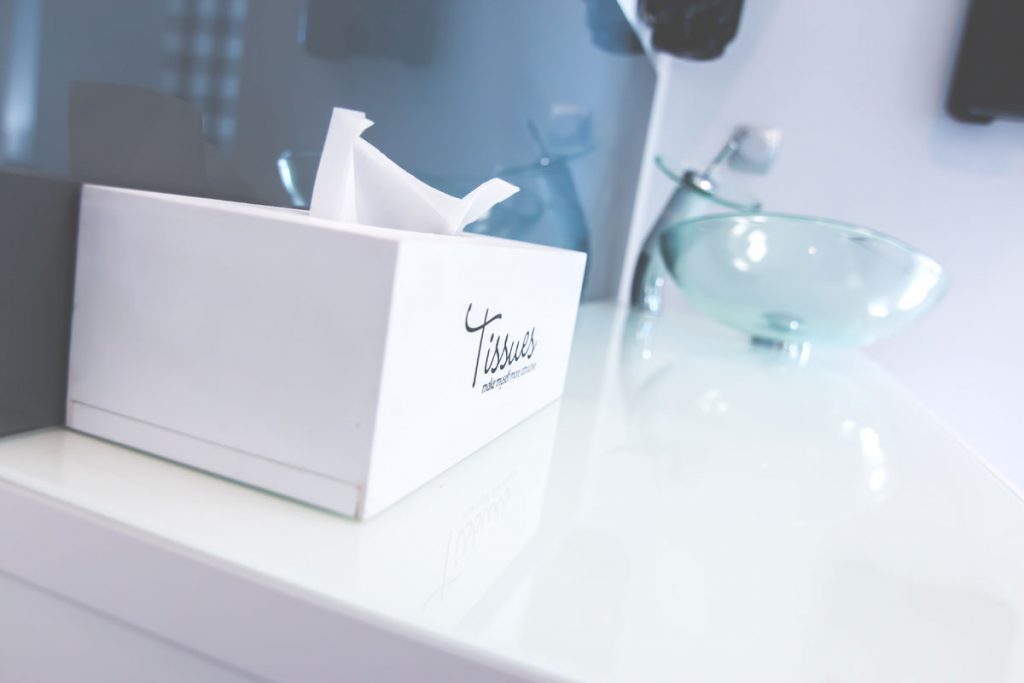Myth 4: Antimicrobial wall cladding isn’t necessary as bacteria does not grow on walls and walls are at low-risk of contamination
Bacteria can survive in even the most inhospitable of places. Microbes have even been proved to survive the vacuum of space.
Once bacteria has contaminated a surface, it will begin to multiply and wait to be transferred to another, more hospitable surface.
Examples include a hospital patient walking to the toilet and steadying themselves against a wall, a restaurant waitress entering a kitchen and leaning against the wall waiting for food to be prepared, a mop used to clean a dirty floor then leant up against a wall.
The purpose of BioClad is to provide a fully hygienic environment in which microbes can’t multiply or spread for the protection of patients, staff and visitors.
Myth 5: Overuse of antimicrobial hygienic wall cladding causes resistance to microbes. Read the truth >>
